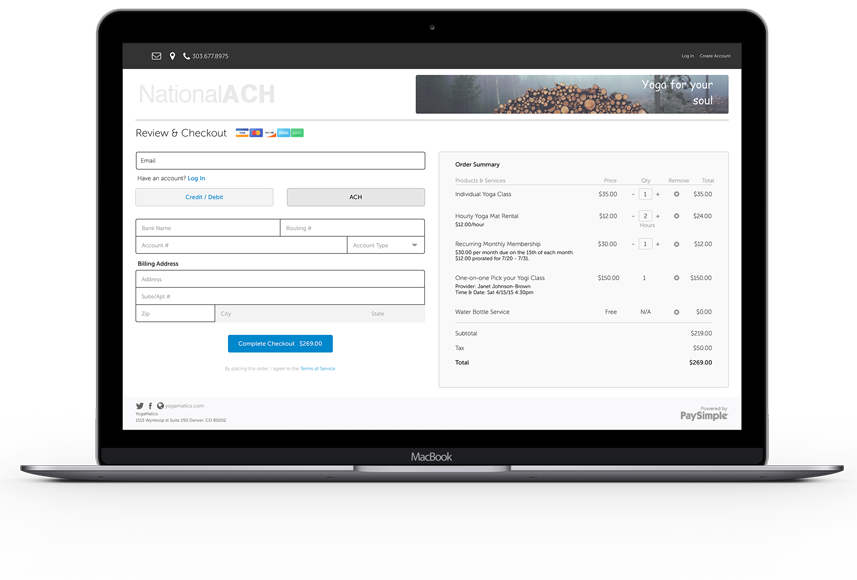Check by Phone Payments Improve Cash Flow
Echecks Boost Recurring Payments
Good news for companies that offer check by phone as a payment option. NACHA the governing body for ACH payments, finally updated the rules regarding telephone transactions.
Under the old rules for check by phone, only one time ACH debits could be authorized by telephone. But, now you can accept verbal authorization from customers who wish to take advantage of recurring payments.
The change is certainly a welcome one for all companies that take payments over the phone. Recurring payments are one of the easiest ways to improve cash flow and increase revenues.
Automated recurring payments save companies money. Cash flows in on a timely basis without any manual intervention, increasing productivity and decreasing expenses.
Recurring Payments Stabilize Revenue Streams
Recurring payments enable businesses to electronically debit customers’ bank accounts on a regular basis. Perfect for subscriptions and memberships, recurring payments stabilize revenue streams and create a predictable income stream for merchants. Recurring payments increase the life cycle retention of customers.
Once set up, customers continue to pay month-after-month. Customers rarely change bank accounts making direct debits an excellent long-term revenue generator for businesses.
Moreover, recurring payments allow merchants to set up easy-payment schedules for customers. The convenient payment option lets customers to pay for product and services over time, rather than on a one-time basis.
Guidelines for Recurring Check by Phone Payments
The following information needs to be provided for check by phone transactions:
- Amount of the recurring payments, or a reference to the method of determining the amount of recurring payments
- Timing (including the start date), number, and/or frequency of the ACH debits
- Customer’s name
- Routing and account number of the account to be debited for the recurring payments
- Phone number for customer inquiries that is answered during normal business hours
- Date of the customer’s oral authorization for recurring payment ACH debits.
Conclusion
Electronic checks are the most popular alternative payment method for US consumers. Check by phone payments give your customers a trusted and familiar way to pay you.
Echecks trump cards for recurring billing. Consumers rarely change bank accounts and payment information seldom needs to be changed.
As a result, recurring payments continue to flow in uninterrupted. And your cash flow is protected.
Interested in a check by phone echeck account?
Contact info@nationalach.com today
